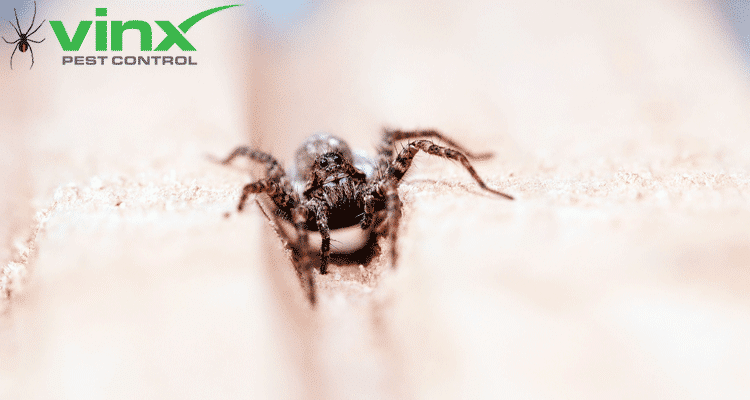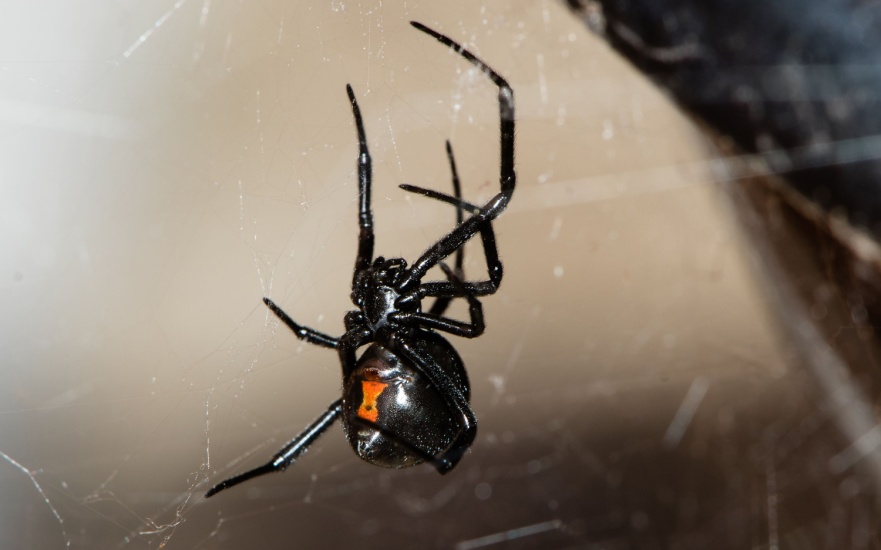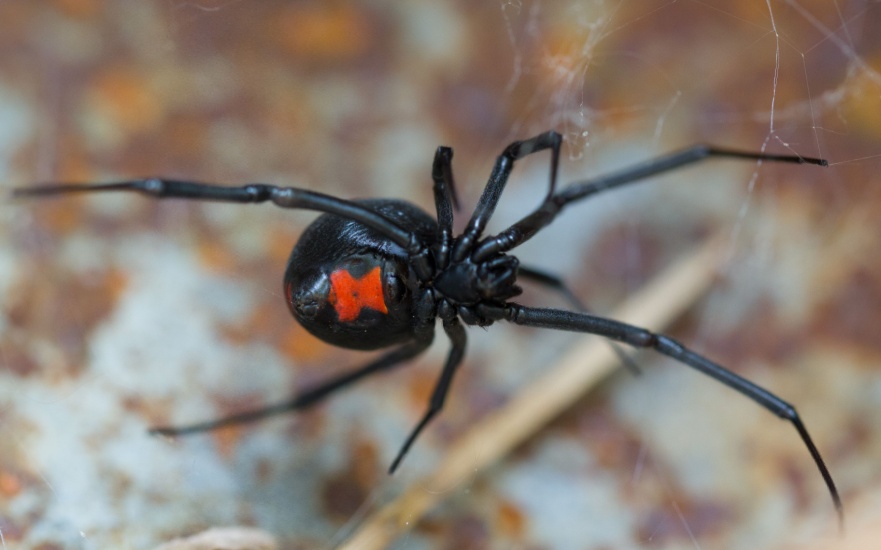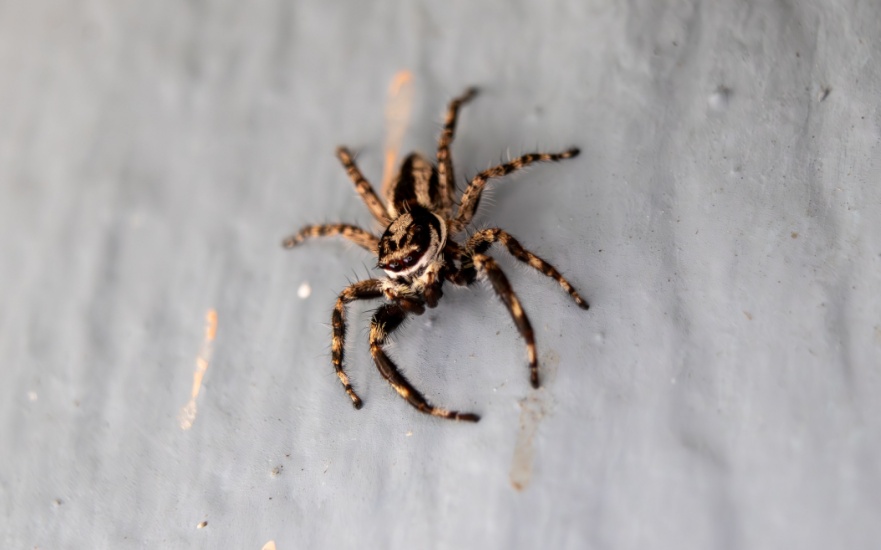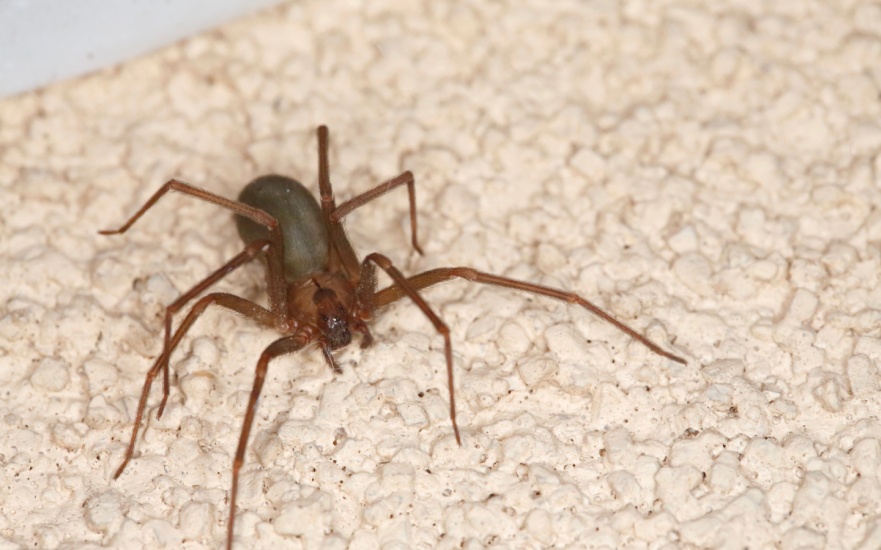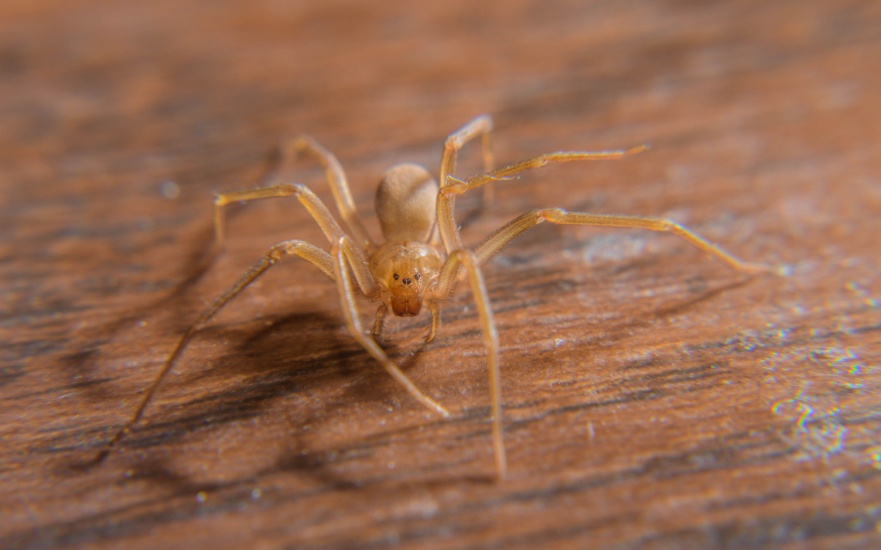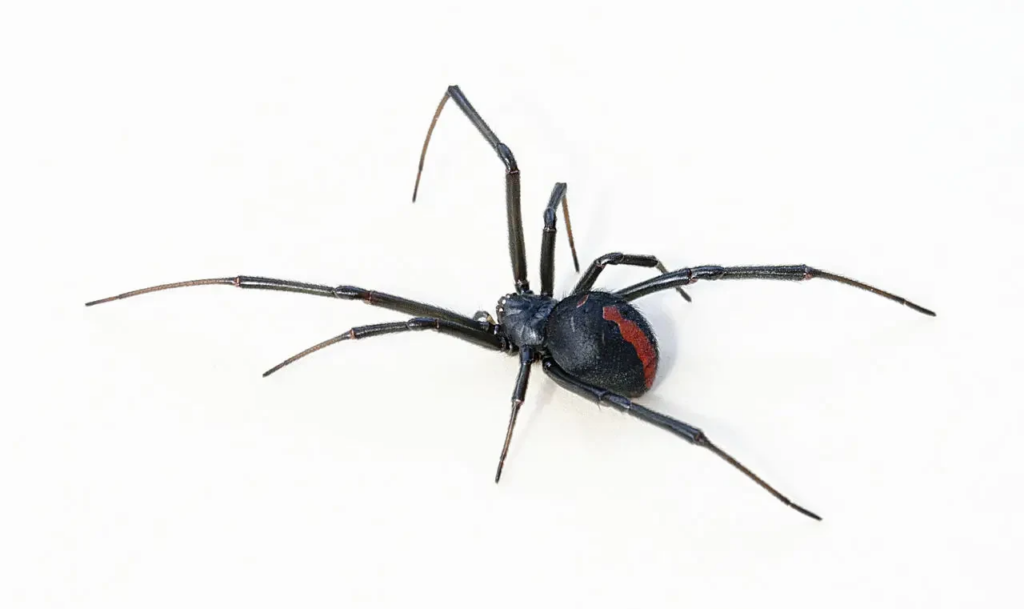Spiders help control insects in our world. But, when they get into our homes, they can be a problem. Most spiders are safe, but some, like black widows and brown recluses, are dangerous.
Knowing you need spider control is key. Some spiders are good, but seeing them indoors can be scary. For big spider problems, experts like Vinx Pest Control can help. This guide will give you more information on how to kill spiders.
Key Takeaways
- Spiders are generally beneficial but can be a nuisance indoors.
- Certain spider species, like black widows and brown recluses, are dangerous.
- Professional services are available for severe spider infestations.
- Effective spider control tips include maintaining a clean home and sealing entry points.
- Vinx Pest Control offers professional spider extermination services.
Understanding Common House Spiders in the United States
First, we need to know the common house spiders in the U.S. Spiders are everywhere in homes across the country. Knowing their types, behaviors, and where they live is key to controlling them.
Identifying Dangerous vs. Harmless Spider Species
In the U.S., some spiders are more dangerous than others. Knowing which ones are dangerous helps us use the right spider elimination tactics.

Black Widows and Brown Recluses
Black widow and brown recluse spiders are very venomous. Black widows have black bodies with a red hourglass. Brown recluses have a violin mark on their backs. Both can bite painfully, so we need to act fast.
Common Non-Venomous House Spiders
Most house spiders are harmless and good for controlling pests. Spiders like cellar, jumping, and wolf spiders are not aggressive. They can be managed with simple spider control tips.
Spider Behavior and Habitats
Knowing why spiders come into homes and their habits helps us prevent them. For expert advice on prevention, visit Vinx Pest Control.
Why Spiders Enter Homes
Spiders look for food, shelter, and mates in homes. Cluttered areas are perfect for them.
Seasonal Spider Activity
Spider activity changes with the seasons. Some are more active in warm months, others in cool months. Knowing this helps us plan effective spider removal better.
Preparing for Spider Control: Essential Tools and Products
Knowing what tools and products you need for spider control is key. You’ll need the right gear and knowledge of effective spider killers.
Basic Spider Removal Equipment
For DIY spider removal, you’ll need some basic tools. These include:
- Vacuum Cleaners: Great for getting rid of spiders, webs, and egg sacs.
Vacuum Cleaners and Spider Catchers
- A vacuum with a hose can get into tight spots where spiders hide. Spider catchers help catch spiders safely.
- Protective Gear: Gloves and masks keep you safe from bites and cleaning chemicals.
Protective Gear and Cleaning Supplies
- Wearing gloves and a mask keeps you safe while cleaning. Cleaning products like dusting sprays help remove webs and reduce spider spots.
Professional-Grade Spider Control Products
For big spider problems, you might need professional products. These include:
- Residual Sprays and Concentrates: Lasting solutions for spider control.
Residual Sprays and Concentrates
- Residual sprays keep spiders away for a long time. Concentrates can be mixed to fit your needs, giving you flexibility.
- Web Eliminators and Dusters: Good for quick web removal and getting into small spaces.
Web Eliminators and Dusters
- Web eliminators quickly get rid of webs. Dusters apply insecticides into small areas where spiders hide. For really bad infestations, professional pest control might be the best choice.
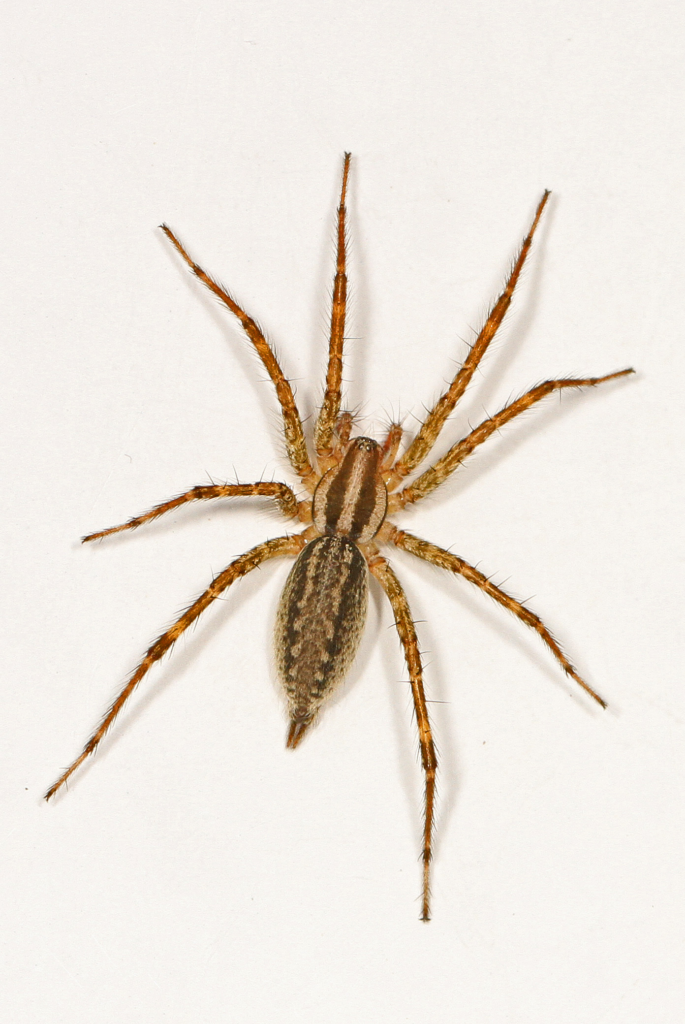
How to Kill Spiders Using Chemical Methods
To get rid of spiders, many people use chemical methods. These can be safe and effective if done right. We’ll look at different chemical treatments, how to use them, and safety tips.
Store-Bought Spider Sprays and Insecticides
There are many store-bought spider sprays and insecticides. They come in different types. These can be contact killers or residual treatments.
Contact Killers vs. Residual Treatments
Contact killers kill spiders right away. Residual treatments keep killing spiders for a while after use.
Application Techniques for Maximum Effectiveness
To work best, follow the product’s instructions. Spray or apply the product where spiders are found. Always wear gloves and eye protection.
Dust and Residual Treatments
Dust and residual treatments work well in hard-to-reach spots. They offer long-lasting spider protection.
Applying Treatments in Cracks and Crevices
Focus on hiding spots like behind baseboards and in corners. Use a dust applicator to get the product into these areas.
Duration and Effectiveness of Residual Products
How long residual products last depends on the ingredient and environment. They usually work for weeks to months.
Spider Bombs and Foggers
Spider bombs and foggers fill a room with insecticide. They’re good for big infestations but need safety steps.
Preparation and Safety Measures
Make sure food, utensils, and pets are out of the room before use. Wear a mask to avoid insecticide exposure.
Post-Treatment Cleaning Procedures
After treatment, air out the area and clean surfaces. Get rid of dead spiders and debris to keep pests away.
Natural and DIY Spider Elimination Methods
There are many natural ways to get rid of spiders at home. These methods are safe for your family and pets. They help keep your home spider-free.
Vinegar and Essential Oil Solutions
Vinegar and essential oils can keep spiders away. Oils like peppermint and tea tree are not liked by spiders.
Peppermint Oil Spider Repellent Recipe
Mix 10 drops of peppermint oil with 1 cup of water in a spray bottle. Shake it well. Spray where spiders are seen.
Vinegar Spray Applications
Use vinegar to repel spiders. Mix it with water in equal parts in a spray bottle. Spray it around the house, in corners and along baseboards.
Diatomaceous Earth and Boric Acid Applications
Diatomaceous earth and boric acid can kill spiders. Diatomaceous earth dehydrates them. Boric acid is toxic.
Safe Application Methods
Apply diatomaceous earth and boric acid safely. Wear a mask to avoid inhaling them. Sprinkle them along ant trails and where spiders are seen.
Effectiveness Timeline
These substances start working in a few days to a week. Reapply them after cleaning or when they get wet.
Homemade Spider Traps
Homemade spider traps are a good DIY option. Sticky traps and jar traps are easy to make and work well.
Sticky Trap Placement Strategies
Put sticky traps in spider hotspots, like walls and corners. Check and replace them often.
Jar and Glue Board Traps
Jar traps use bait to catch spiders. Glue boards work like sticky traps. Place them in spider areas.
Targeted Spider Removal Techniques for Different Areas
Getting rid of spiders needs a plan that fits each part of your home. Spiders like different spots for different reasons. So, we must tackle each area in its own way.
Basement and Crawlspace Spider Control
Basements and crawlspaces are hotspots for spiders. They like the damp, dark spots. To keep spiders away, we must fix the moisture problems.
Dealing with Moisture Issues
Lowering humidity helps. Use fans and fix leaks to make these spots less spider-friendly. A dehumidifier is a good DIY spider control tool.
Web Removal and Prevention
Cleaning and dusting these areas often helps. It removes webs and eggsacs. Sealing cracks keeps spiders out.

Attic and Ceiling Spider Removal
Attics and ceilings are tough to reach. We need the right tools and methods to get rid of spiders.
Using Extension Tools for High Places
Extension wands and dusters help us reach high spots safely. This way, we can remove webs and apply treatments without ladders.
Preventative Treatments for Eaves and Vents
Putting treatments on eaves and vents keeps spiders out. It’s important to use safe products for this.
Outdoor and Garden Spider Management
Outdoors, we use treatments around the house and manage insects that draw spiders.
Perimeter Treatments
Using insecticides around the house keeps spiders out. A barrier treatment is a good way to keep them away.
Managing Spider-Attracting Insects
Less insects mean fewer spiders. Good landscaping and waste management help. This is key to getting rid of spiders at home.
Bathroom and Kitchen Spider Elimination
Bathrooms and kitchens need extra care. Spiders are drawn to water and food.
Addressing Moisture Sources
Fixing leaks and ensuring good air flow helps. It makes these areas less spider-friendly.
Safe Products for Food Preparation Areas
In kitchens and bathrooms, we must use safe products. This avoids contamination. Choose products safe for food areas for effective spider removal.
Professional Spider Extermination Services by Vinx Pest Control
Are you fed up with spiders in your home? Think about getting help from Vinx Pest Control. We offer top-notch spider extermination services. Our goal is to make your home spider-free.
When to Call Vinx Pest Control Experts
It’s important to know when to call for help with spiders. Here are some signs you need experts:
- Seeing many spiders in your home
- Finding egg sacs or webs in corners, basements, or attics
- Being unsure about the spider types
Signs of Severe Spider Infestations
Big spider problems show up with lots of spiders, webs, and egg sacs. Seeing more spiders means you have a big problem.
Vinx Pest Control’s Spider Assessment Process
We check your home carefully to find out about the spiders. We look at where they live and how many there are. This helps us make a plan for effective spider extermination.

What to Expect During Professional Spider Treatment
Our spider treatment is thorough. You can expect:
- A detailed check to find where spiders live and how they get in
- Using special treatments to kill spiders and their eggs
- Advice on how to stop spiders from coming back
Vinx’s Integrated Pest Management Approach
We use many methods to control spiders for good. This includes fixing holes, cleaning up clutter, and using special treatments.
Follow-up Services and Guarantees
At Vinx Pest Control, we guarantee our work. We also check back to make sure your home stays spider-free.
Preventing Future Spider Infestations
To stop spiders, seal entry points, cut down on clutter, and keep your home area clean. These steps can really help avoid spider problems in the future.
Sealing Entry Points and Reducing Clutter
Sealing all entry points is key to keep spiders out. Check around windows, doors, and any pipe or outlet openings.
Weather Stripping and Caulking Techniques
Weather stripping and caulking can seal gaps. This stops spiders from getting into your home.
Organizing Storage Areas to Deter Spiders
Less clutter means fewer spiders. Clean and organize boxes and containers often to keep spiders away.
Regular Maintenance and Inspection Routines
Regular checks are vital to stop spiders. Look for spider signs and act fast if you find any.
Monthly Spider Prevention Checklist
- Inspect your home’s perimeter for webs and egg sacs.
- Check for and seal any new cracks or gaps.
- Dust and vacuum regularly, in spider-prone areas.
Seasonal Spider Control Tasks
Seasonal tasks like cleaning gutters and checking outdoor lights help prevent spiders.
Landscaping Tips to Discourage Spiders
Your landscaping affects spider prevention. Choose the right plants and manage outdoor lights to keep spiders away.
Plants That Repel Spiders
Lavender and mint repel spiders. Adding these plants to your yard can help keep spiders away.
Outdoor Lighting Considerations
Outdoor lights attract insects, which spiders like. Use yellow bulbs for lighting to draw fewer insects and spiders.
Safety Considerations When Dealing with Spiders
It’s very important to stay safe when you’re getting rid of spiders. This keeps you and others safe.
Protecting Yourself During Spider Removal
Wear protective clothes like gloves and a mask when you remove spiders. This helps keep you safe.
Proper Handling of Venomous Species
Be careful with venomous spiders. If you’re not sure what kind it is, get help from a pro.
First Aid for Spider Bites
If you get bitten by a spider, clean the area with soap and water. Then, use a cold compress. If it gets worse, see a doctor.
Child and Pet Safety During Spider Treatments
Keep kids and pets away from where you’re treating spiders. This stops them from getting hurt by chemicals.
Pet-Safe Spider Control Products
Choose products that are safe for pets. Always read and follow the instructions carefully.
Keeping Treatment Areas Secured
Make sure the treated area is locked off after you’re done. This keeps kids and pets safe until it’s okay for them to go back.
Conclusion
Getting rid of spiders means knowing the different types and using the best ways to do it. We talked about how to kill spiders, from chemicals to natural methods. Experts like Vinx Pest Control also offer professional help.
To keep spiders away, seal up holes, tidy up, and check your place often. For big problems, get help from experts for effective spider removal and advice.
Using these methods together helps control spiders well. This way, you can live in a safer, spider-free home. These steps will help you manage spiders for a long time.
FAQ
Q: What are the most effective spider extermination methods?
A: To get rid of spiders, seal entry points and reduce clutter. Use chemical or natural treatments as needed.
Q: How can I identify venomous spiders in my home?
A: Look for unique marks like the black widow’s red hourglass or the brown recluse’s violin mark. If unsure, get help from a pro.
Q: Are natural spider repellents effective?
A: Natural repellents like essential oils and vinegar can help. But, they might not solve the problem alone. For big infestations, use a mix of methods.
Q: How can I prevent spiders from entering my home?
A: Seal cracks and crevices around windows and doors. Keep your home clean and clutter-free. Regular checks also help.
Q: What are the benefits of hiring a professional spider extermination service like Vinx Pest Control?
A: Professional services like Vinx Pest Control offer a full solution. They assess, treat, and follow up, ensuring spiders are gone for good.
Q: How can I safely remove spiders from my home?
A: Wear gloves and a mask. Use a vacuum or spider catcher to catch and release spiders outside safely.
Q: What are some effective DIY spider traps?
A: Try homemade traps like sticky traps or jar traps. Use insects or other bait to catch and kill spiders.
Q: How can I manage spider infestations in my garden?
A: Reduce moisture and remove debris. Keep grass and plants short to discourage spiders from living in your garden.
Q: What safety precautions should I take when dealing with spiders?
A: Wear protective clothes and keep kids and pets away. Follow chemical treatment instructions carefully.
Q: How often should I inspect my home for spider infestations?
A: Check your home every few months. This helps catch infestations early and prevent them from getting worse.



